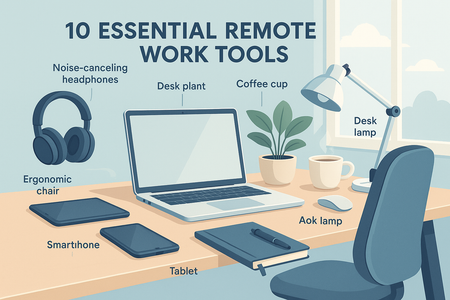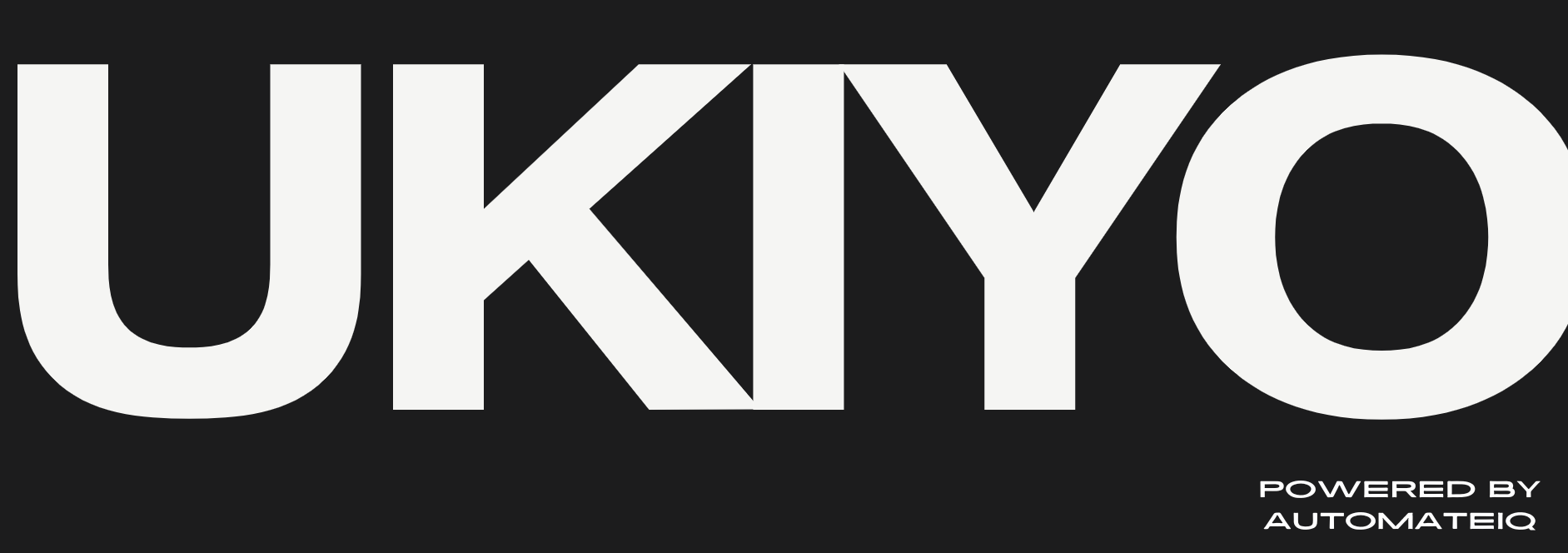In a digital landscape where 80% of customers expect real-time responses from brands, automation is no longer optional. Salesforce found that customer expectations have drastically evolved, with speed and personalization driving purchase decisions more than ever before. That’s why chatbots, once considered novelty, are now proving themselves as revenue-generating tools. One eCommerce brand implemented an AI-powered chatbot and saw a 33% lift in conversions—within 24 hours.
This blog unpacks exactly how they did it, why chatbot ROI is often underestimated, and how you can replicate their success with the right strategy.
The Problem: Missed Opportunities in the Conversion Funnel
Most DTC brands obsess over traffic, but overlook the leakiest part of their funnel: customer communication. Especially during non-working hours. Prospects visit your site with questions—about shipping, sizing, or bundles—but if no one is there to help, they bounce. According to Forrester Research, nearly 45% of consumers abandon online purchases if their questions go unanswered.
Our featured brand, a mid-sized skincare company, was spending heavily on paid traffic but noticed high bounce rates and cart abandonment during off-hours. The data was clear: people were interested but weren’t getting the last-mile support they needed to convert.
The Insight: Chatbots Are Sales Reps, Not Just Support Tools
The brand decided to test a chatbot not as a helpdesk tool, but as an automated sales assistant. Their hypothesis was simple: if they could simulate the in-store experience online—where a staff member offers help at just the right moment—they could close more sales. They used a platform powered by Dialogflow, integrating it with their Shopify backend and CRM.
Within 24 hours, the bot was live on key product pages. It answered frequently asked questions, suggested add-ons, handled discount codes, and even offered personalized skincare routines based on a quick quiz. The results were immediate.
The Solution: Implementing AI Chat That Converts
The brand followed a structured approach to implementation, focusing on:
-
Placement: Chatbot appeared after 15 seconds of inactivity or when a user hovered over key elements like the "Add to Cart" button.
-
Scripts: They wrote sales-oriented flows that mimicked a real product specialist, including soft-sell language and micro-conversions.
-
Analytics: Using tools like Tidio and Hotjar, they tracked user interactions, refining the bot weekly based on performance.
-
CRM Sync: Data collected was piped into Klaviyo to trigger follow-up email flows and improve segmentation.
In just one day, conversion rates jumped from 2.1% to 2.8%. While that may seem marginal, across 10,000 daily sessions, that translated to a 33% increase in revenue.
Why This Works: The Psychology Behind Conversion
Real-time engagement taps into psychological triggers like immediacy, trust, and personalization. According to Harvard Business Review, companies that respond within five minutes of a customer query are 100x more likely to convert that lead. Chatbots enable this speed at scale.
Moreover, when bots are trained on specific objections, such as “Is this product safe for sensitive skin?” or “How long is shipping?”, they act as confidence builders. Every resolved hesitation becomes a step closer to checkout.
Mistakes to Avoid
If you’re planning to implement a chatbot for conversions, avoid the following:
-
Deploying generic bots with no brand voice.
-
Ignoring mobile responsiveness.
-
Failing to train your bot with actual customer data.
-
Treating chatbots as one-time setups rather than evolving assets.
One well-placed internal link from your chatbot to a high-performing landing page can do more than a week’s worth of social posts.
The Takeaway: Automation Is the New Personalization
Chatbots aren’t just for customer support anymore. They’re scalable sales reps that never sleep. The ROI is not just in labor savings, but in direct revenue growth.
As AI becomes more context-aware and integrated with tools like Shopify, Klaviyo, and Notion, brands that implement smart automation strategies will win the next phase of eCommerce growth.
At Ukiyo, we help brands set up AI-driven automation ecosystems that increase conversions, improve user experience, and scale operations without burning out your team.
Explore our Automation & AI Services to start building your conversion assistant today.






0 comments